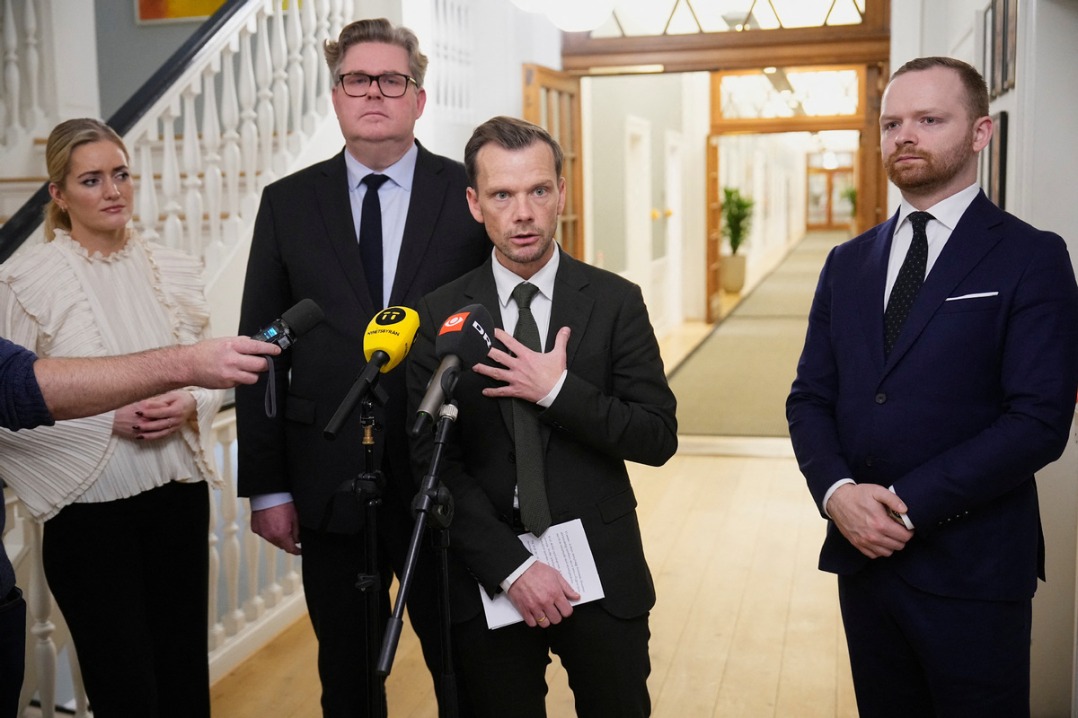Outlook eases French economy concerns


France's economy is expected to show minimal growth in the fourth quarter but avoid the decline that business leaders had been concerned about, according to the central bank's monthly outlook released on Tuesday.
After experiencing a 0.4-percent expansion in the third quarter, largely driven by tourism from the Paris Olympics, analysts anticipated a slowdown in the French economy, which is the eurozone's second-largest.
According to the central bank's calculations, the post-Olympic decline would trim 0.2 percentage points from fourth-quarter growth, suggesting that without this impact, the French economy would have grown by 0.2 percent compared to the previous quarter.
However, the economic forecast has become less certain in the wake of the collapse of Prime Minister Michel Barnier's government last week, which was triggered by a budget standoff with opposition parties.
The latest business sentiment survey from the central bank revealed mixed sector performances, with modest growth continuing in the services sector while the industry sector showed decline and construction experienced a more significant downturn, reported Reuters.
Manufacturing companies reported their lowest order volumes since the height of the COVID-19 pandemic, with factory utilization dropping to 74.7 percent from the previous month's 75.2 percent.
Business leaders who were surveyed reported increasing concerns about future prospects, with uncertainty reaching a two-year peak, particularly in the industrial and construction sectors.
The findings align with recent business confidence surveys showing companies increasingly moving toward cost-cutting measures amid uncertainty about economic policies and tax regulations.
A survey by IFOP revealed that companies are taking defensive financial measures, such as limiting investments, slowing recruitment, and strengthening payment collection practices, to preserve their cash reserves.
Last week, Barnier and other politicians cautioned that his removal through Wednesday's no-confidence vote could trigger market turmoil, and that a paralyzed France might destabilize the entire eurozone.
Instead, markets have remained calm, with France's CAC 40 index rising and the gap between French and German bond yields, a key measure of political risk, showing no signs of alarm, reported the Politico news website.
"There was no market movement because there was no element of surprise," said French economist Leo Barincou, of Oxford Economics.
The European Commission also downplayed concerns after the no-confidence vote last week, emphasizing France's sound financial fundamentals despite its high debt levels.
Analysts attribute the muted market response to the gradual nature of France's debt challenges, noted Politico. While the country faces unchartered territory, investors appear content to take a wait-and-see approach.
"This crisis is going to continue for quite some time," said S&P Global Market Intelligence Vice-President Ken Wattret. "So far, the financial markets' response to it has been relatively benign."
jonathan@mail.chinadailyuk.com

































